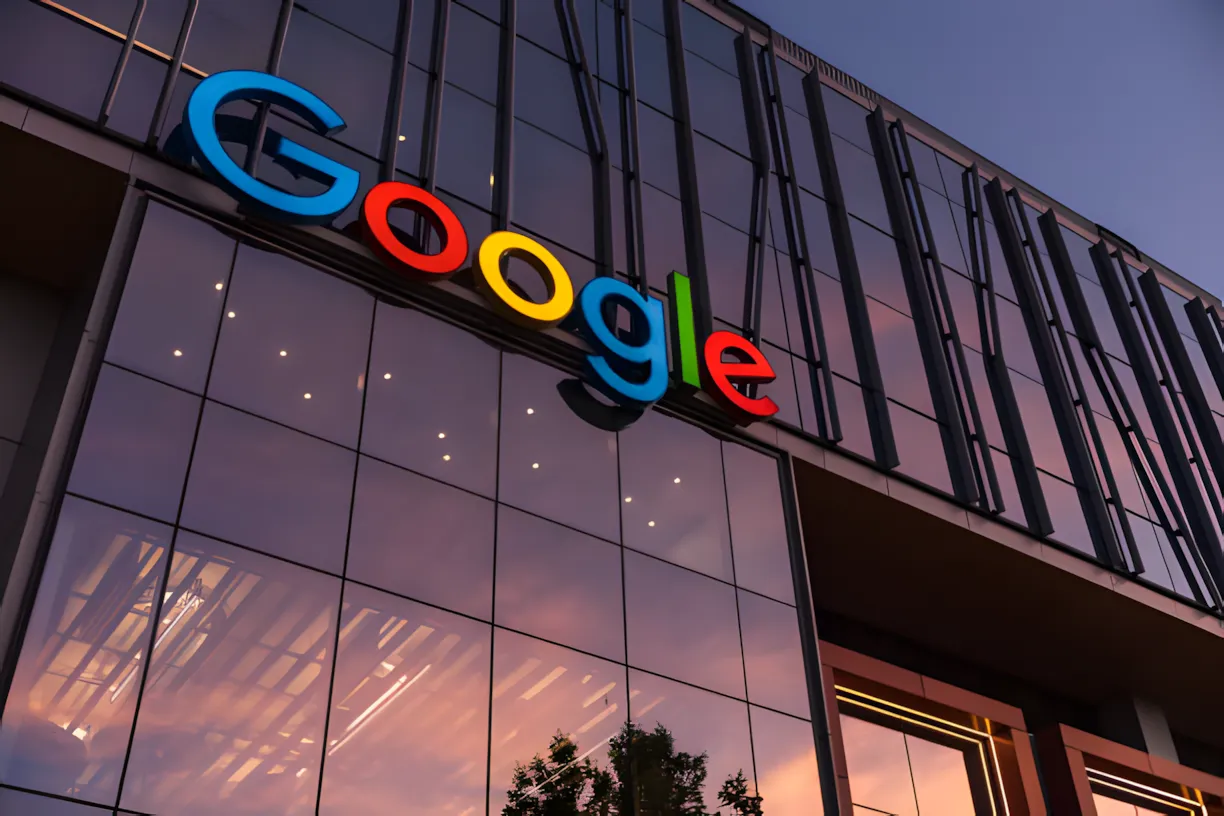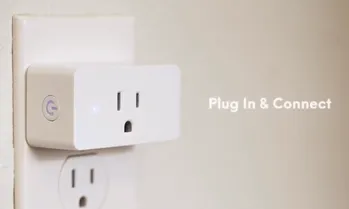The American government seems to be steering towards a new lawsuit that could lead to the breakup of Google. Various activists see this as an option to break open the advertising market.
Following a ruling in August (which Google is challenging), tech giant Google has officially been declared a monopolist by a court. One of the possible, but extremely far-reaching paths is splitting up the company.
In September's new antitrust case, the Department of Justice (DOJ), America’s justice department, goes one step further. According to news agency Bloomberg, the American authorities would like to fully dismantle Google. This could have significant consequences, especially for the advertising industry, which is worth around 30 billion dollars per year.
How did it come to this?
Google is currently involved in several antitrust cases surrounding its ad platform and has been convicted a few times before. While such convictions often lead to multi-billion dollar fines in Europe, they can have more severe consequences in the United States.
In practice, Google has been repeatedly convicted of forming cartels or abusing its power around its ad platform. The European Commission had already concluded that Google promotes its own Google Shopping service on its search pages. In August's case in the US, it revolved around the status of a search engine as default. Google paid Apple and Firefox significant sums to make its own search engine the "default" on their browsers. In this way, so ruled the court, Google built a monopoly for online ads shown via such a search engine.
In the latest case, the DOJ argues that Google has a monopoly in the market of (online) advertising services. The company manages the entire system, from ad services for advertisers to online bidding platforms and systems to show ads to users. It would take a cut from every online ad sale. The cartel allegations mean that Google worked several publishers out of the market and increased costs for advertisers with "monopolistic rents." If there is only one seller, it can charge more.
Could Google Be Split Up?
A possible solution for the DOJ could be to break up this system. For example, by pushing Google Ad Manager away. The latter is a platform where businesses can buy and sell online ads, and it came about after Google acquired DoubleClick and AdX in 2008. Via that platform, Google manages "90 percent of the publishers using ad technology for their online ads," claims the DOJ. This gives the company the power of a monopoly.
According to the DOJ, this power allows Google to charge more for ads and simultaneously keep rivals out of the market. The increased price for ads would also push up product prices.
Tackling that monopoly would mean consumers would be better off, says Sacha Haworth, director of the Tech Oversight Project, a nonprofit aimed at putting big tech companies in check. "Google has overcharged advertisers and publishers more than two billion dollars just in the last four years," she told Ars Technica in reference to the lawsuit. "That's caused an inflation in ad prices. It's also pushed up costs to do business, which are then passed on to us when we buy things online." Whether that extra money could flow to consumers if Google were split apart is a question.
Haworth believes that splitting Google would open the way for new and innovative advertising models, possibly offering more choices to the consumer over how and where they wish to be followed. Advertising models that form an alternative to the data-driven "tracking" model currently don't get much of a chance, experts say, because Google has little to gain from them.
It Will Take Some Time
Of course, not everyone looks at a potential split so positively. In particular, on stock markets, there is considerable fear about how these lawsuits will play out. Analysts from Evercore ISI have already lowered their estimates of Alphabet's stock value. "We believe that a 'worst case scenario' is more likely than the market expects," the company told Yahoo Finance. If Google were split or even forced to cancel some of its current exclusivity contracts, that could lead to a substantial decline in revenues, think market analysts.
But Google has not been split yet. The process with the DOJ has only been going for a couple of weeks and could take weeks more before it reaches the inevitable professional phase. Google argues that the integration of its various advertising technologies actually results in cost efficiency for publishers and advertisers. The company believes that it also improves privacy by having only Google manage all platforms and thus be the sole owner of user data. According to Google, it does indeed have a lot of competition when you consider different forms of online advertising.












